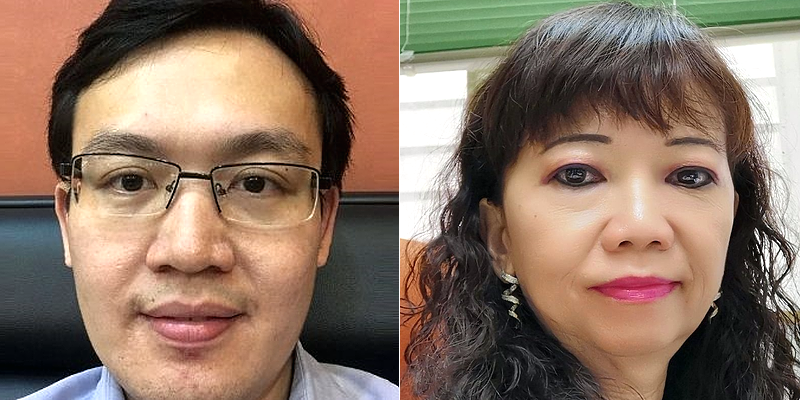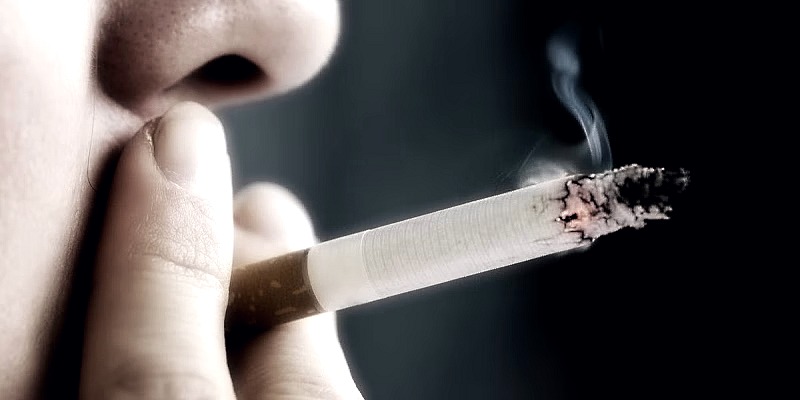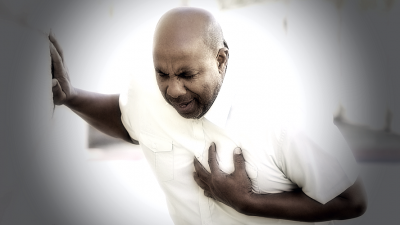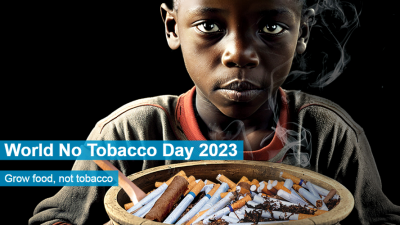
Tobacco is one of the significant threats to public health.
Each year, it kills more than eight million people, including about 1.2 million who die from second-hand smoke.
Tobacco products include cigars, roll-your-own, waterpipe, and vape.
All forms of tobacco are bad for health. There is no safe level of exposure to tobacco.
Toxins in tobacco can weaken the body’s immune system, making it harder to kill cancer cells. When this happens, the growth of cancer cells can’t be stopped.
Tobacco smoke contains poisons that can damage or change a cell’s DNA.
DNA is the “instruction manual” of a cell. It controls how a cell grows and works. When DNA is broken, a cell can start to grow out of control, which can lead to cancer.
Tobacco is the leading cause of lung cancer. Nearly nine out of ten lung cancer deaths are caused by smoking tobacco or second-hand smoke exposure.
In Malaysia, lung cancer is the third most common cancer, followed by breast and colorectal cancers.
Each year, we have around 3,000 people newly detected with lung cancer in Malaysia. Above 90% of lung cancer cases are found at very late stage (III and IV) in both sexes.
Other than lung cancer, other cancers can happen almost anywhere in your body if you smoke.
Cancers caused by tobacco include those of the colon, mouth, nose and sinuses, pharynx (upper throat), larynx (voice box), esophagus (food pipe), pancreas, liver, stomach, kidney, breast, ovary, bladder, prostate, and leukemia.
Over 80% of the 1.3 billion tobacco users live in low- and middle-income countries, including Malaysia. Tobacco use makes people poor because it diverts money away from basic needs like food and shelter for tobacco.
The economic costs of tobacco are high, including a lot of money spent on healthcare to treat diseases caused by tobacco.
Tobacco costs the economy a total of US$1,436 billion in 2016, equal to 1.8 percent of the world’s annual gross domestic product (GDP).
Almost 40% of this cost is in developing countries, which shows how much these countries have to bear.
The Malaysian government and the private sector each spend between RM7 billion and RM8 billion a year to treat tobacco-related illnesses like lung cancer.
This brings the total cost to about RM16 billion a year for the cost of treating patients.
Tobacco imposes a heavy economic burden globally, especially in developing countries. Governments need to undertake stricter tobacco control policies to reduce these costs.
According to Health Minister Khairy Jamaluddin, the Tobacco and Smoking Products Control Bill 2022 intends to establish a generational end-game (GEG) for non-smokers born on or after January 1, 2007.
The core of the bill is to prohibit anybody born after January 1, 2007, from purchasing cigarettes and other tobacco and vaping products.
If implemented properly, it can save billions of ringgit on health expenditure and minimize the need of treating tobacco-related illnesses.
We all want to live a healthier and longer life. Please leave tobacco, save your money for doctors in future, and no tobacco for the next generation!

(Dr. Soh Yih Harng, DrPH candidate; Professor Dr. Moy Foong Ming, Center for Epidemiology & Evidence-Based Practice, Department of Social Preventive Medicine, Faculty of Medicine, Universiti Malaya; Dr. Feisul Idzwan bin Mustapha, Public Health Specialist, Ministry of Health Malaysia.)
ADVERTISEMENT
ADVERTISEMENT








































